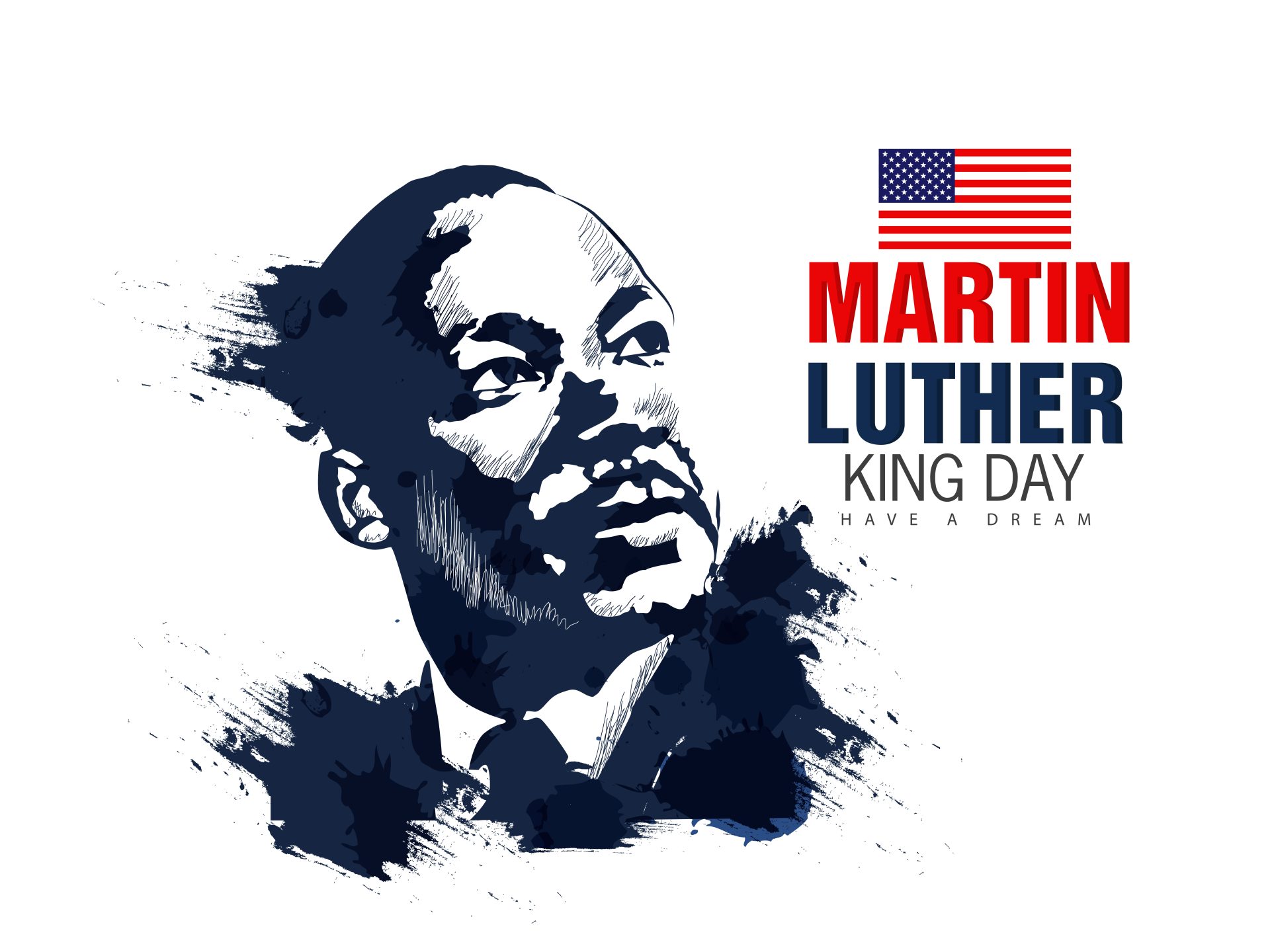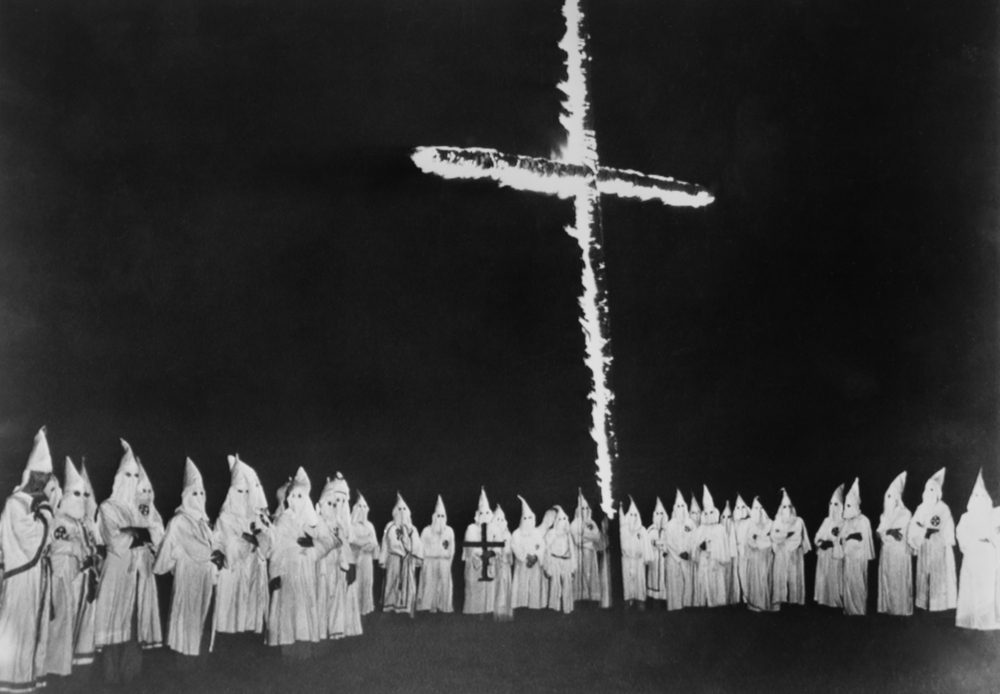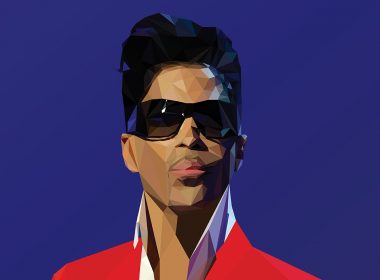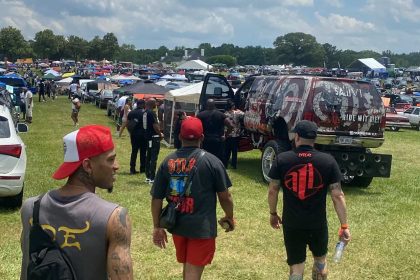
Richie Havens, the man who personified the “pretty people” of the 1960s counterculture and “free love” movement who opened up at the immortal Woodstock mega-concert in 1969, died at age 72 from a heart attack.
Haven, who cam to fame via a percussive guitar and a soulful sensibility to play his way into musical history at Woodstock in 1969, improvising the song “Freedom” on the fly, passed away at his home in Jersey City, N.J.
Havens rose to prominence as a folk singer who embodied the spirit of the ’60s which espoused peace and love, hanging out in Greenwich Village, N.Y., and playing gigs from the Isle of Wight to the Fillmore to Carnegie Hall. Despite the fact that Havens was only dominant in the mid-1960s, many rock musicians were citing him as an influence. His rendition of “Handsome Johnny” became an anti-Vietnam War anthem.
Havens, after his popularity peak of the ’60s, moved on to record more than two dozen albums, act in movies, advocate for environmental education and even was prominent enough of a star during Bill Clinton formative years that the president invited him to perform at his first inauguration in 1993. In 2003, the National Music Council gave him its American Eagle Award for his place in the nation’s musical heritage. However, kidney complications halted him from performing last year.
It was pure serendipity that Havens had the distinction to open the legendary Woodstock in New York. The folk-rock band Sweetwater, who were penned in to open the mega-festival, had gotten snarled in traffic. Havens and his guitarist and drummer, who had arrived by helicopter and had been scheduled to go on fifth, reigned in on the fortuitous opportunity, according to the New York Times. They played 10 songs before the multitude of fans in a concert series that defines a generation and a movement.
Richard Pierce Havens was the oldest of nine children born and raised in the Bedord-Stuyvesant section of the Brooklyn borough of New York City on Jan. 21, 1941. Not surprisingly, music was an intergenerational gift passed down from his father who made Formica tables for a living and played piano with various bands.
Starting to sing in a group at 12, and by the age of 14 he joined the McCrea Gospel Singers. However, the temptations of the streets reached it tentacles out and lured the adolescent into a street gang and the promising artist dropped out of high school. He would devote the rest of his life proudly educating himself informally.
In his late teens Havens eventually made his way into the eclectic Greenwich Village in Manhattan where he performed in many clubs. He developed an unorthodox tuning method so he could play chord patterns not possible with conventional tunings, and that style was quickly emulated by other impressionable singers.
“A person looking at him might think he was just flailing about,” the guitarist Barry Oliver said in the magazine Guitar Player. “But the way he flailed about was so musical, and it went perfectly with what he was portraying. He’s a good example of not having to have to be a technically perfect guitarist in order to come across.”
Havens’ penchant for luck would strike again in his life
Havens performed many songs of the venerated Boby Dylan. One song in particular, “A Hard Rain’s A-Gonna Fall, had Havens so captivated that he spent three days learning it, the Times reports. Someone was listening. A man who happened to hear him practicing it stopped him on the stairs as he headed for the dressing room of a nightclub, and “told him it was the best he’d ever heard the song sung.”
“That’s how I first met Bob Dylan,” Havens recalled.











